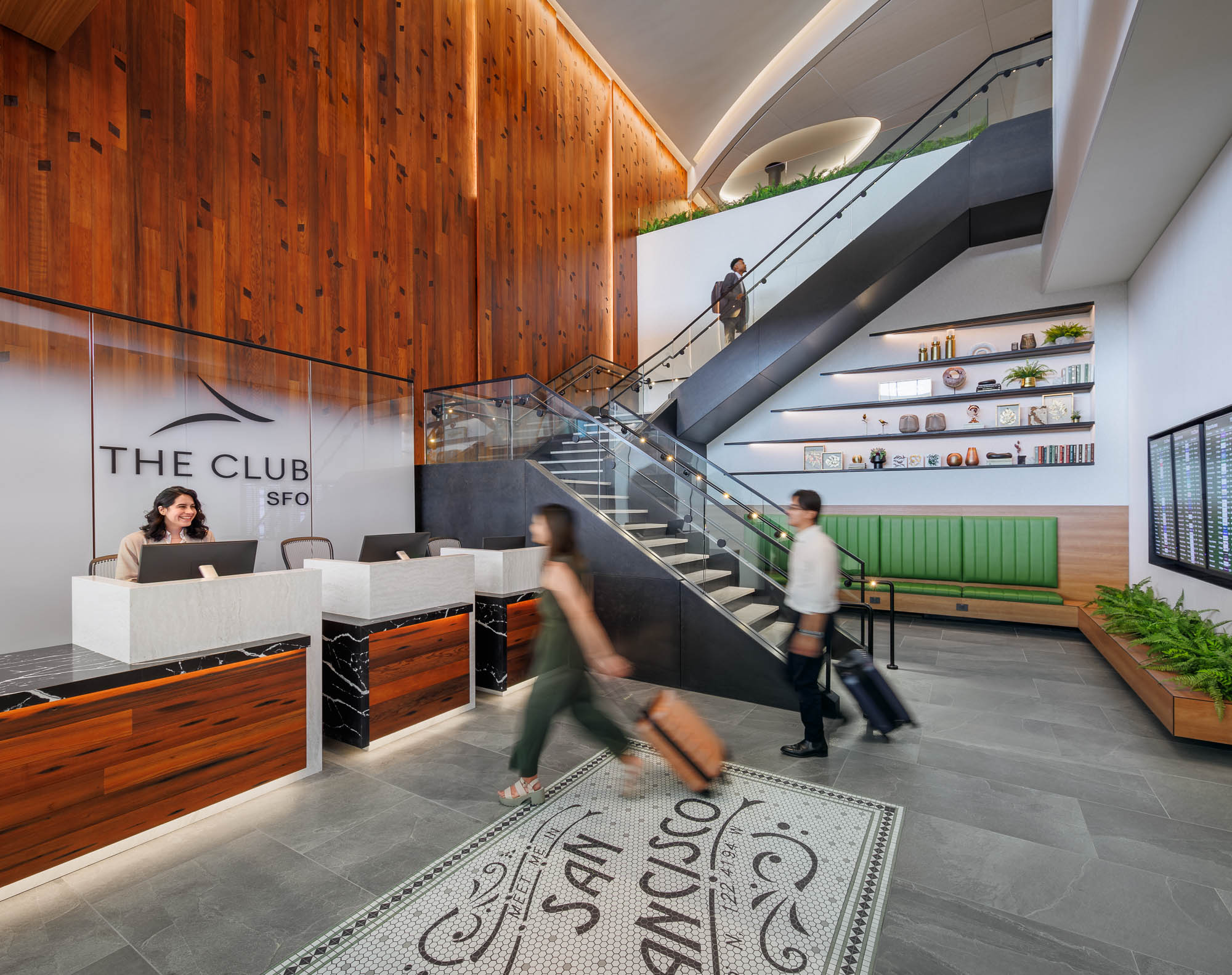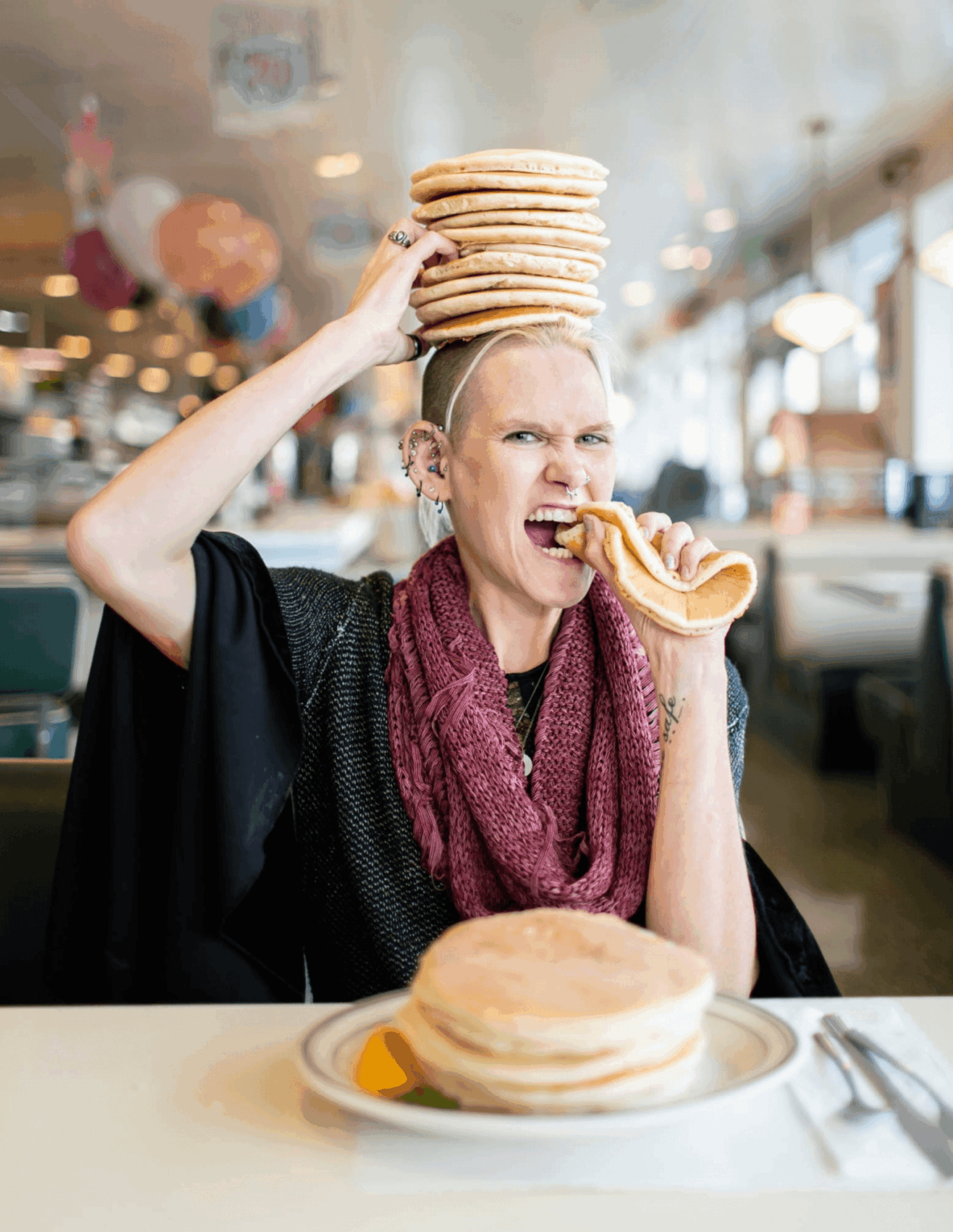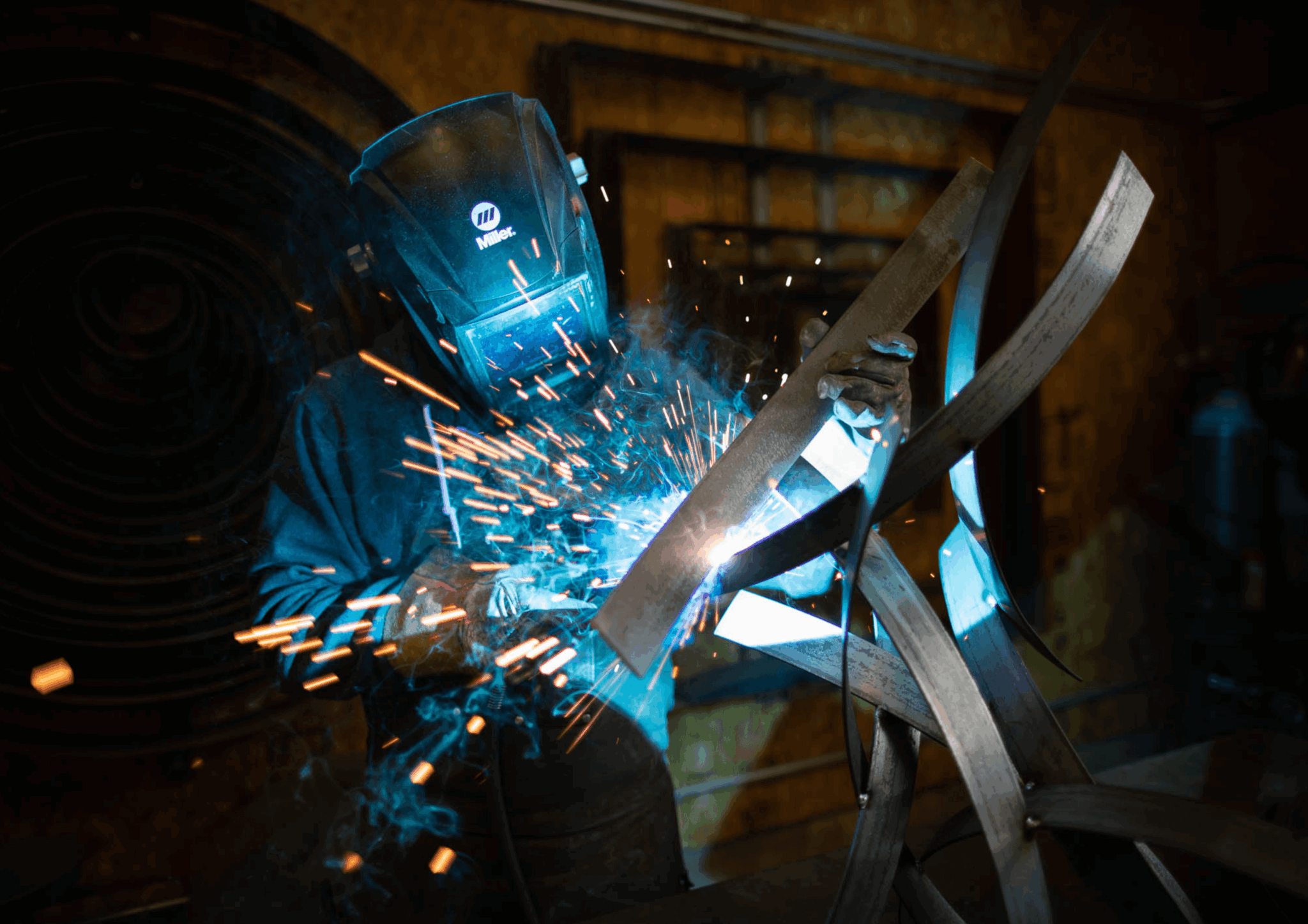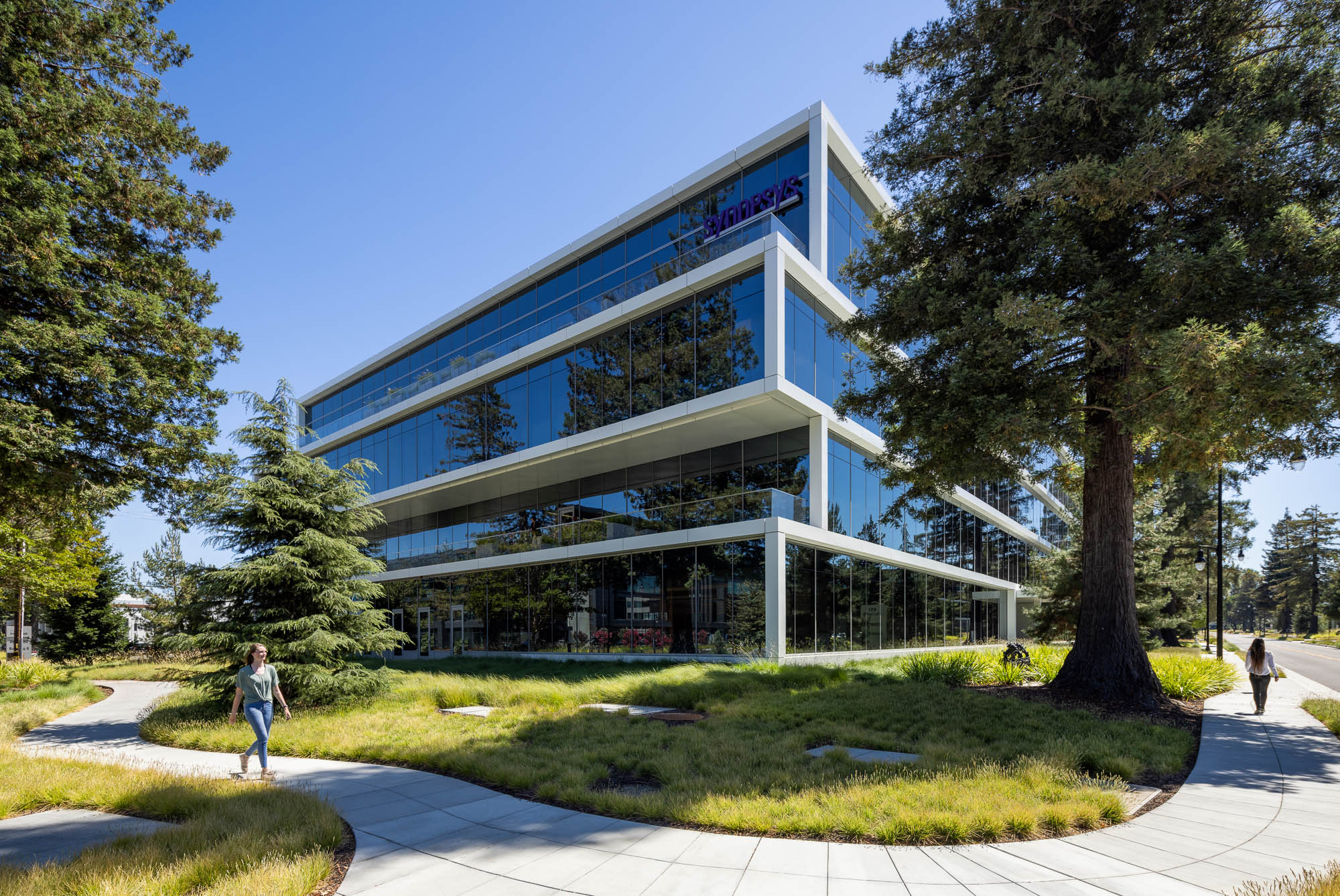We caught up with the brilliant and insightful Tyler Chartier a few weeks ago and have shared our conversation below.
Tyler, thanks for joining us, we’re excited to have you contributing your stories and insights. What do you think matters most in terms of achieving success?
Never stop learning and allowing yourself to evolve. Nurture your childlike sense of wonder. Curiosity is magic pixie dust that makes everything work better. Work on your craft.
Thing strategically, work hard, take time off, and invest in yourself:
When it matters, leave it all on the field – work your ass off, do whatever it takes to deliver your best work, on time and on budget. And don’t do this all the time, it’s a recipe for burnout. Take advantage of the ebb and flow of projects to spend time with the ones you love most. Invest time and money in your mental and physical health: you are the resource and this is a marathon.
Intentionally seek out good clients and avoid shitty clients as much as possible. Early in my career I realized it was more important to me to work with people I enjoy than to chase high profile work. Since then, I’ve intentionally cultivated my client roster by nurturing the relationships with people I enjoy and sending the difficult folks on their way. In my working relationships with clients, I also try to keep two things in mind: collaboration is king, and I am usually not the most important person in the room.
I’ve approached my employees, consultants and subcontractors with the same philosophy. This is a team sport, and I’m grateful for the talented,hardworking, kind individuals who have chosen to work with me.
I cherish the relationships I’ve built with my clients and consultants over the years. We do great work together and we have fun while we’re at it!
What makes a good client for me?
• Leadership that values ts employees and treats them fairly
• Leadership understands and values marketing
• The person that I’m working with is empowered to run the project
• Willing to collaborate
• Bonus: Emotionally mature people who are kind
Do the right thing. Where there’s grey area, be generous. If you’re working with good clients and you’re generous, it comes back to you. (this doesn’t work with shitty clients, they will just take advantage of your generosity)

Tyler, before we move on to more of these sorts of questions, can you take some time to bring our readers up to speed on you and what you do?
What:
I’m a commercial still photographer and director specializing in telling the stories of architecture and people. Through collaboration with my clients’ marketing team, we make images and videos that create an emotional connection between the company and the audience. I help make the message understandable, clear and memorable.
What separates me and my team from other photographer/directors: we work hard to deliver a great working experience for my clients. We understand that we are not the most important people in the room, and our project is rarely the most important thing on my client’s list. With clear communication, strong pre-production and an “adapt and overcome” attitude during production, we strive to make projects low stress, predictable and fun while delivering content that exceeds expectations.
Where: primarily in the San Francisco Bay Area, the west coast and I especially love NYC.
How did I get into this?
I fell in love with photography as an early teenager, but I was in my early thirties when I decided to start my photography business.
I grew up in Casper Wyoming, my dad was an electrician, and my mom owned an art gallery. The combination of hanging out in my dad’s metal and woodshop while watching him make things (he could build or fix anything) and running around my mom’s art gallery and watching her talk to artists gave me an interesting mix of skills and expectations.
I started tinkering with photography after my father died when I was 14. My mom, who was (and still is) a talented amateur photographer, taught me how to use her cameras and home her darkroom to develop b&w and I was hooked. I met my wife in an art class at college (Middlebury) and we really clicked during a photography class. (I have more dad jokes!)
My first creative career, designing and building custom furniture, never really thrived because I loved the finished product much more than the process. After honing my technical skills photographing my furniture for years, I launched my photography business as a side gig in 2009 to get myself out of the woodshop,. (all sanding and no play made Tyler a dull boy). Within about 2 years, I was working full time as a photographer. My love of the process of creating the work and running the business has driven the success of this adventure.
There are two main things that have kept me engaged with the creative process of photography over the years:
– Intellectually, I love the challenge of telling a story. It’s one of my favorite types of creative problem solving. And it’s often a difficult, process.
– Emotionally, I adore the process of creating a “good” composition. While this process can be intellectualized, for me it’s intuitive and visceral. When I start working on a composition, I see dissonance and it’s uncomfortable. I know I’ve got the composition when I feel a visual harmony fall into place. I frickucking love that process, frustrating though it is at times.
Fun circle of life bit of my story: My mom was an early photoshop user, and she not only taught me a lot about photoshop, but she started working for me as a retoucher when I started doing higher level product and architectural work. We’ve grown together as photographer and retoucher over the years and shared a lot of challenging and fun times – and we’ve only bumped heads a few times! My mom has been an important mentor to me in business and life. To have had the opportunity to collaborate and share all the time together all these years has been an absolute highlight of my career.

Can you tell us about a time you’ve had to pivot?
This is a two-stage story about one business pivot that led to a big personal pivot:
About 10 years ago, I had a lightbulb moment: I was the problem. Before this moment, I was running my business on a lot of hubris, magical thinking and willful ignorance. Looking back, I’m amazed that I was able to make my business as successful as it was back then. More specifically, I realized that my lack of skills in business, especially marketing, was keeping my business from thriving. Up until this point, I had invested most of my extra energy into improving my craft as a photographer.
So, I threw myself into learning about how to run a small business with a focus on marketing. I read books, I worked with a business coach, and I implemented the changes. Within 2 years, my business was financially stable and steadily growing.
Success! And…
While I was exploring business and leadership skills, I stumbled across work by thinkers like Simon Sinak, Ryan Holiday and James Clear. Thankfully, some of the humility I had been able to learn as I worked to improve my business self-spilled over into my personal world and I started to realize that maybe I had a little bit of emotional and intellectual room for growth. It began as a cautious peek behind the curtain of my emotional maturity and led, over a few years, to a complete rebuild of how I approach relationships. I’ve been able to let go of the insecurities of my youth that drove my perfectionism and low self-esteem and fueled a lot of fear and anger. Releasing all that junk has made all my relationships better. My marriage is in a much better place, my relationships with my kids are better than they’ve ever been, my friendships are rich and deep. And to bring us back to the business world, my consultant and client relationships have never been better or easier.

How’d you build such a strong reputation within your market?
As creatives in business, I believe we often focus our energy in the wrong areas. When I started out in this industry, I thought it was a pure meritocracy and so I poured all my energy into being the best photographer I can be. Over the years, I’ve come to realize that while delivering excellent work is critically important,it’s not enough to be successful as a business. Great work just gets you into the conversation. How we manage projects, how we organize shoots, how we treat our clients, how we treat our employees and subcontractors are all just as important. If there are two creatives delivering content at a similar level of quality and price, the client is going to go with the creative who is easy to work with and nice.
In hindsight, a big part of what’s made my business successful over the years is actually a lot of what I call the 3 B’s: the boring basics of business: communicate clearly and professionally, show up on time, meet deadlines, respond to emails, call people back, do what I said I would do, etc. It boggles my mind that all we have to do is just show up consistently in this industry and we give ourselves a big competitive advantage.
I try to make sure I never forget that this advantage means nothing if I don’t deliver excellent work. To that end, I continually hone my craft and push myself to elevate my work on every project.
Contact Info:
- Website: https://tylerchartier.com
- Linkedin: https://www.linkedin.com/in/tylerchartierphotography/




Image Credits
Tyler Chartier Photography


